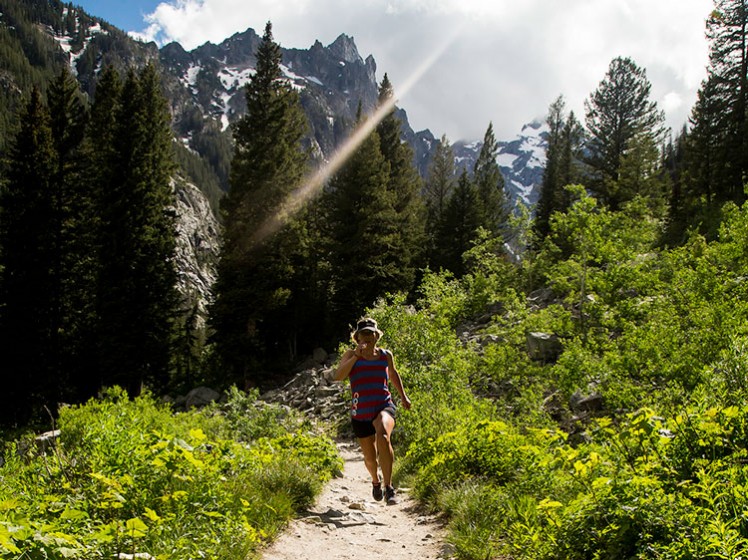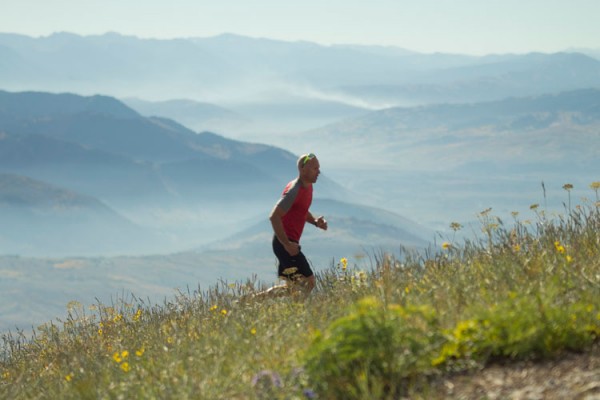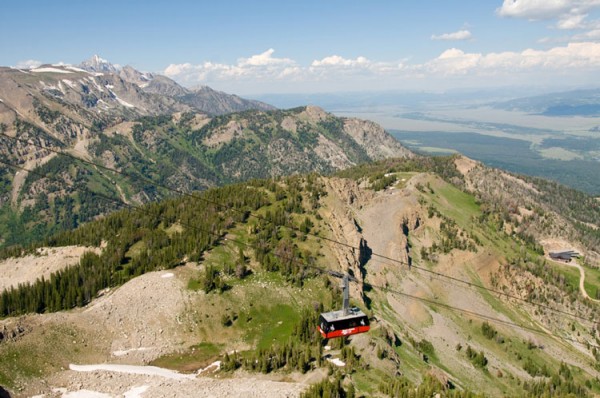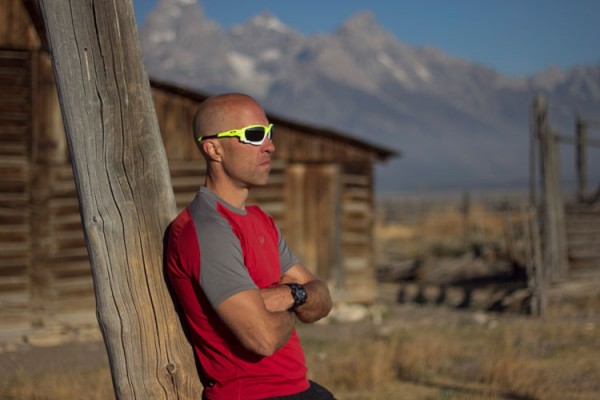Excepts taken from Chris Kresser's Interview of Mat Lalonde (from here)
Mat Lalonde PHd Chemical
and Chemical Biology:
Invalid Inference 1:
Our Paleolithic ancestors ate Paleo this way and they were free of
disease
I’ll
also say that the goal of my talk at the Ancestral Health Symposium was to help
people better justify why they’re using this dietary approach or
lifestyle. You know, I do realize that I ruffled some feathers because
there are some folks who are coming out of field, and I’m coming out of field,
but not that far, you know, chemistry and medicine aren’t that far off.
But there are some folks who are coming from different fields, and really all
they’re grasping on is this evolutionary thing, and they don’t realize that all
it is really at the end of the day is a great way to formulate hypotheses, and
I was seeing a lot of mistakes made in the blogosphere, and I was afraid that
it was going to prevent a lot of professionals from taking our movement seriously.
So that was the goal ultimately, and you know, it’s just so simple to ridicule
the whole caveman argument that I wanted to go beyond that, I wanted to give
people a little bit more to think about, so if you are on a paleo diet, or what
I prefer to say actually, because there’s really no such thing as a paleo
diet. The foods aren’t available anymore. You can try to mimic
it. That’s the best you can do. But a diet that’s meat, vegetables,
tubers, and fruits. That’s what I call it. Typical arguments for
this will go like this: Our ancestors and modern hunter-gatherers
consumed a diet that was mostly devoid of grains, legumes, and dairy, and they
were virtually free of diseases of civilization. People then make the
invalid inference that consuming a diet mostly devoid of grains, legumes, and
dairy will thus allow us to be free of diseases of civilization.
Invalid
Inference 2: We haven’t evolved enough to thrive on modern agriculture
Mat Lalonde: We evolved over
millions of years without consuming the foods that became readily available
only after the advent of agriculture. Hence, we’re not adapted to these
foods. But this assumes that a species isn’t adapted to a food because
it’s never consumed it. And if you look at the evolutionary record,
that’s incorrect. There are plenty of examples throughout evolution where
species discover novel sources of food and thrive on them.
…You know, when you cooked plant matter or meat, it became more easily
digestible so your gut could get a little bit smaller and you got better
nutrition as a result. If you look throughout history, you’ll see that
food itself is a huge driver of evolution. You know, the availability of
food has driven some major adaptations. And that’s another part where I
didn’t ruffle some feathers, but I think I was misinterpreted during my seminar
talk at AHS, where some people seemed to think that I was implying that
adaptation was very quick. And I didn’t say that. I said that
adaptation depended on time and pressure. And if the pressure is very
high, then it can be very quick. So European herders becoming adapted to
lactose, for example, would be a great example.
Invalid
Inference 3: We should live like our ancestors because we’re still genetically
the same
Mat Lalonde: We’ll lump this into
genetics and epigenetics because the third thing I hear a lot is our genes are
virtually identical to those of our Paleolithic ancestors so we should live
like they did. And this has to be the most ridiculous statement of them
all because here is a group of people that claims to take an evolutionary
approach to life, yet shows it does not understand evolution. Human
beings and chimps have virtually identical genomes to the tune of 99.5%.
The difference between a human being and a chimp is in gene expression in the
epigenome. Just because two species have similar genes does not mean that
they will both thrive in similar environments or with similar food
sources. You know, one of the mechanisms through which adaptations arise
is a change in gene expression. It
would be absurd to suggest the epigenome of modern humans is identical to that
of our Paleolithic ancestors, given the substantial changes in environment and
food that have occurred since that era.
What is
the best scientifically backed argument for Paleo?
Mat Lalonde: There has been
insufficient time and evolutionally pressure for complete adaptation to seed
consumption arise in homosapiens. And I think about that today, and I’m
like, well, you know, people might think that there could be complete
adaptation. Let’s say you were to take a population and give them only
wheat to eat, but unfortunately I don’t think that’s the case, because all
evolution cares about is getting to the next generation. And eating these foods will allow you to reach
reproductive age. There are certain types of insects that live only long
enough to reproduce, and then they die off, and then the next generation takes
over. That’s right, so the challenge right now is that we are
trying to live for a very long time and very well and healthy, so we’re pushing
the boundaries.
<<So
that we’ve evolved some what might be called “shallow” adaptations or
mutations, and some examples of this kind of rapid genetic change are the
evolution of light skin in response to humans moving into northern climates or
the changes in some genes or gene expression that regulate insulin metabolism
in response to a higher carbohydrate diet. But those are relatively
simple mutations. They’re not complex adaptations, which are
characteristics that involve coordinated actions of many different genes together. >>
When you think about these
two statements, what I like about it is that it’s pinpointing what think is a
fact in that people who are adapted to grains and legumes or who not
necessarily thrive, but survive on these foods are probably the minority. Now, that’s very different than saying, well,
nobody should eat this because we’ve never eaten these foods in the past.
And it is a very different statement, and it forces people to think about
themselves, which is what you do all the time. It’s like, OK,
where do I sit on this spectrum? What do I tolerate and what do I not
tolerate?
________________________________________________________
It all goes back to a personal responsibility argument. Robb Wolf always says, make changes and see how you look, feel, perform and rank in important disease markers. In other words, keep an eye on the science, but I put a disproportionate weight into personal experience.









